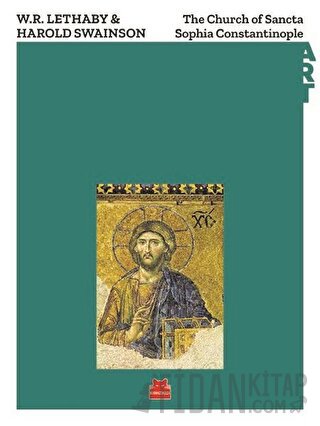
Sancta Sophia is the most interesting building on the world's surface. Like Karnak in Egypt, or the Athenian Parthenon, it is one of the four great pinnacles of architecture, but unlike them this is no ruin, nor does it belong to a past world of constructive ideas although it precedes by seven hundred years the fourth culmination of the building art in Chartres, Amiens, or Bourges, and thus must ever stand as the supreme monument of the Christian cycle. Our first object has been to attempt some disentanglement of the history of the Church and an analysis of its design and construction; on the one hand, we have been led a step or two into the labyrinth of Constantinopolitan topography, on the other, we have thought that the great Church offers the best point of view for the observation of the Byzantine theory of building.
“A work as they report surpassing every edifice in the world.”
- William of Malmesbury
“The fairest church in all the world.”
- Sir John Mandeville
Sancta Sophia is the most interesting building on the world's surface. Like Karnak in Egypt, or the Athenian Parthenon, it is one of the four great pinnacles of architecture, but unlike them this is no ruin, nor does it belong to a past world of constructive ideas although it precedes by seven hundred years the fourth culmination of the building art in Chartres, Amiens, or Bourges, and thus must ever stand as the supreme monument of the Christian cycle. Our first object has been to attempt some disentanglement of the history of the Church and an analysis of its design and construction; on the one hand, we have been led a step or two into the labyrinth of Constantinopolitan topography, on the other, we have thought that the great Church offers the best point of view for the observation of the Byzantine theory of building.
“A work as they report surpassing every edifice in the world.”
- William of Malmesbury
“The fairest church in all the world.”
- Sir John Mandeville










